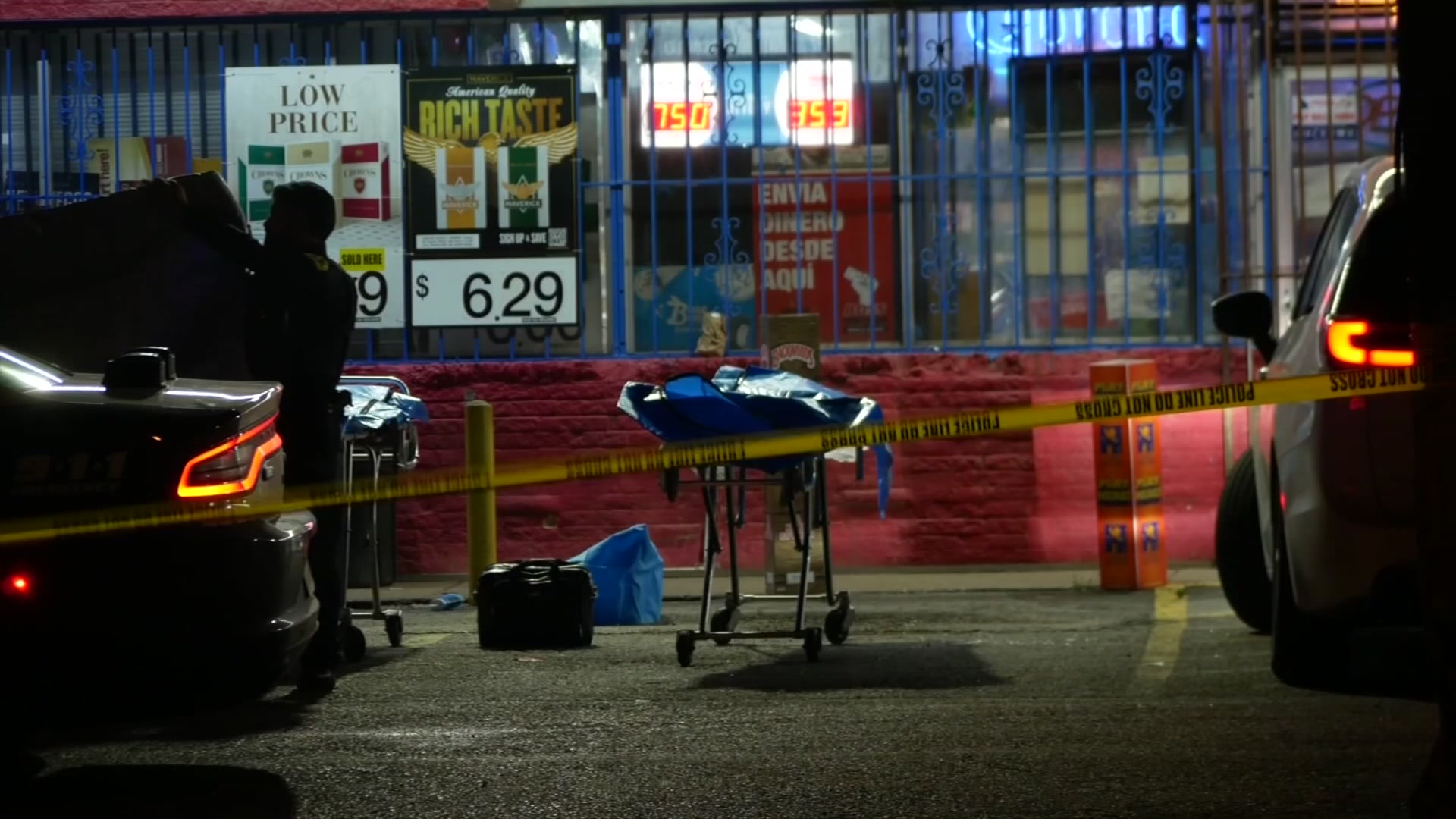Heart failure affects thousands of Americans every year.
Tried and true medications and medical devices can help people with heart failure live long and normal lives, but they don't work for every patient.
Doctors in Plano said a new device the size of a grain of rice may provide new hope.
An electrode the size of a rice grain positioned in Angela Tasby's heart's left ventricle is keeping her alive. Paired with the electrode is an ultrasound transmitter tucked between her ribs. The two work together to synchronize her heartbeat using ultrasound energy.
Tasby, 47, was diagnosed with congestive heart failure in 2013.
Heart failure often occurs when electrical signals within the heart are disrupted, causing the heart's ventricles to beat in an uncoordinated or unsynchronized pattern. Eventually, this enlarges the left ventricle and makes the heart less efficient.
Physicians tried traditional cardiac resynchronization therapy using a pacemaker to detect irregular beats and synchronize the left and right ventricles. In most patients, this improves heart's efficiency and increases blood flow.
Local
The latest news from around North Texas.
The treatment didn't work because of the anatomy of Tasby's heart.
"All kind of fear thoughts go through your mind," Tasby said.
"Just the way people are put together makes it so that about one out of every four that needs that special wire that goes to the left side, just can't get one," said Dr. Steven Kindsvater, cardiologist at Baylor Scott & White Heart Hospital in Plano.
As a result, Tasby qualified for an FDA-approved clinical trial that tested the new wireless method, implanting the electrode inside the heart instead of attaching a lead to outside the heart's left ventricle.
Since the two-day procedure four months ago, Tasby said her heart performance has improved and she almost feels as good as she did before her diagnosis.
Baylor Scott & White Heart Hospital in Plano is the only site in Texas involved in this trial.
The trial tests new wireless technology (WISE), which is already available in Europe.




